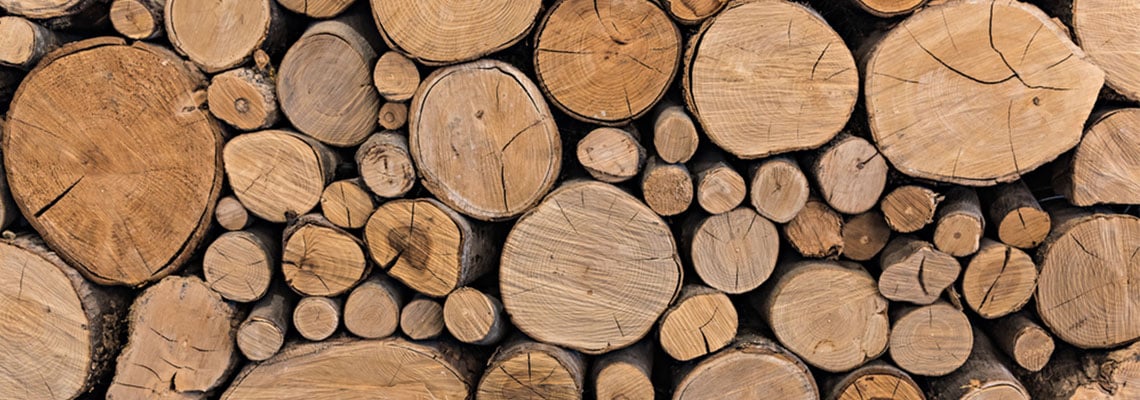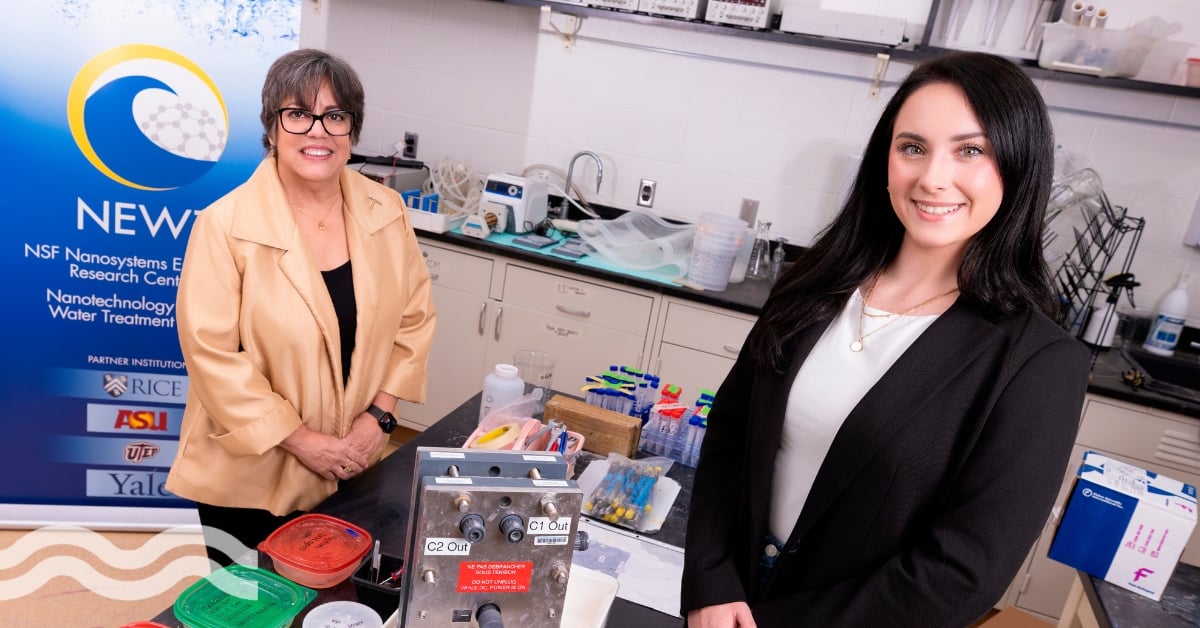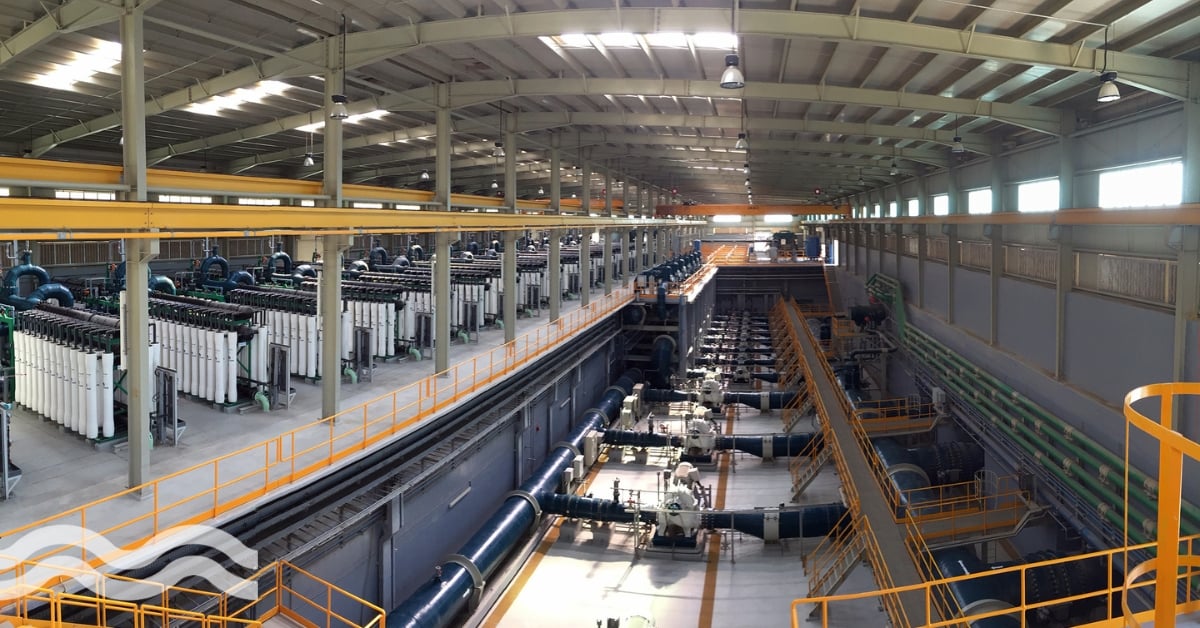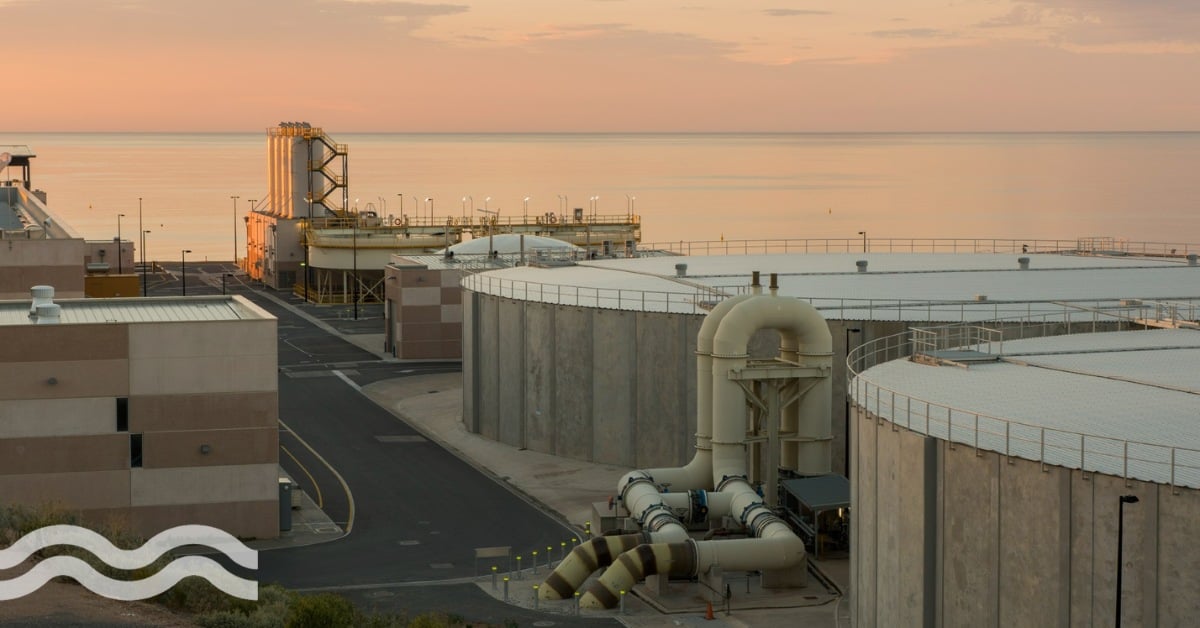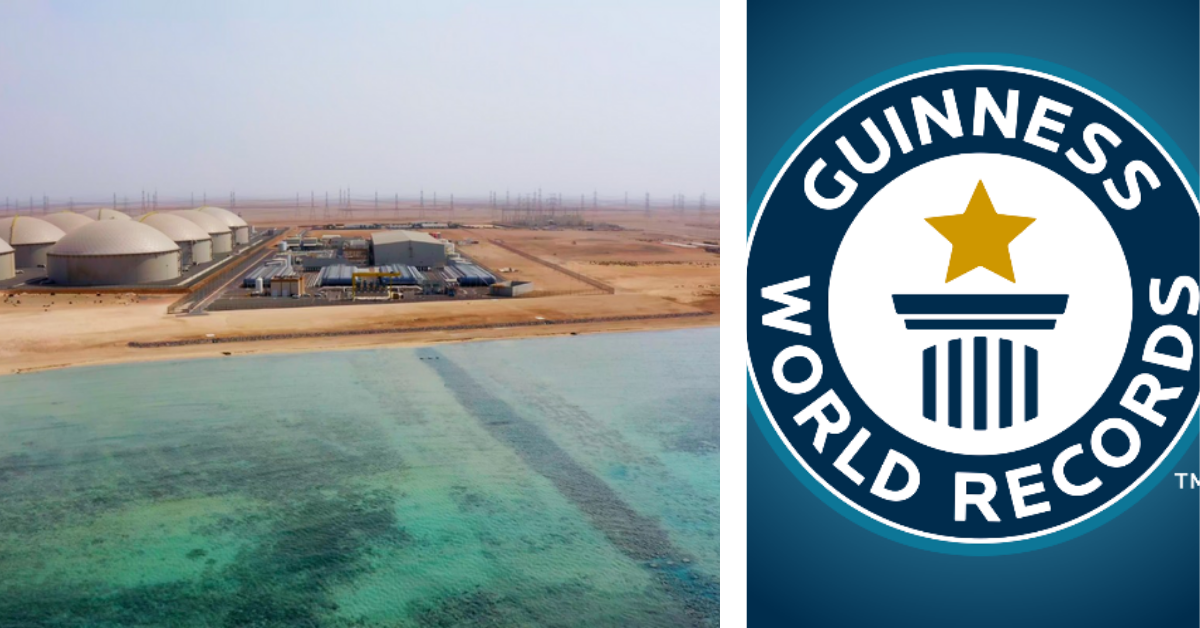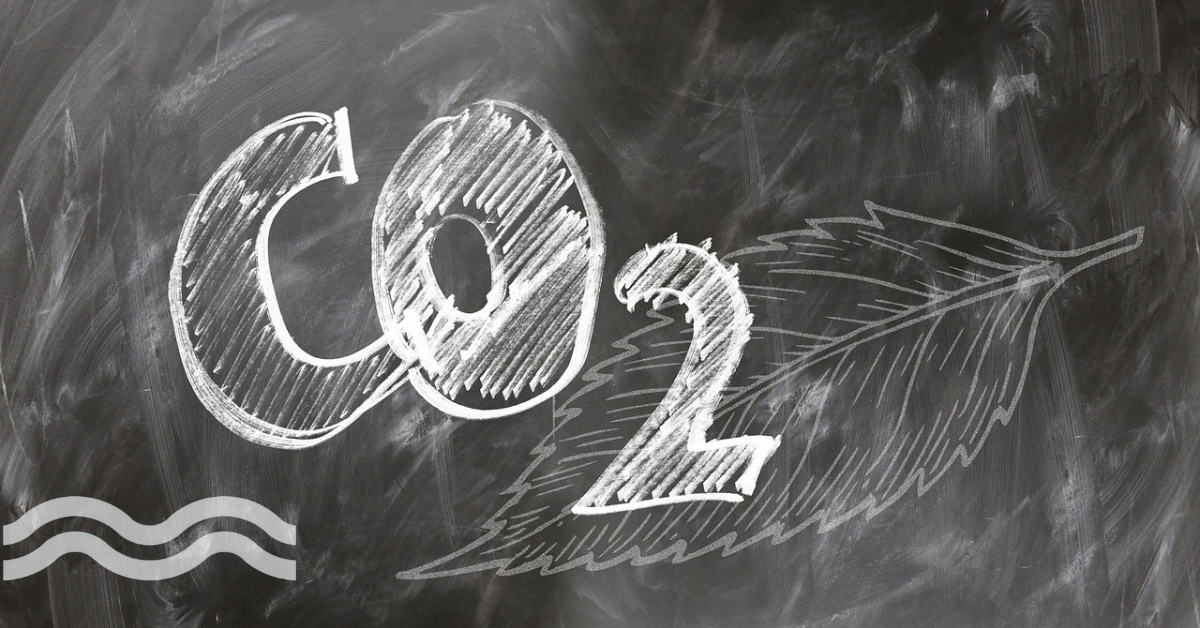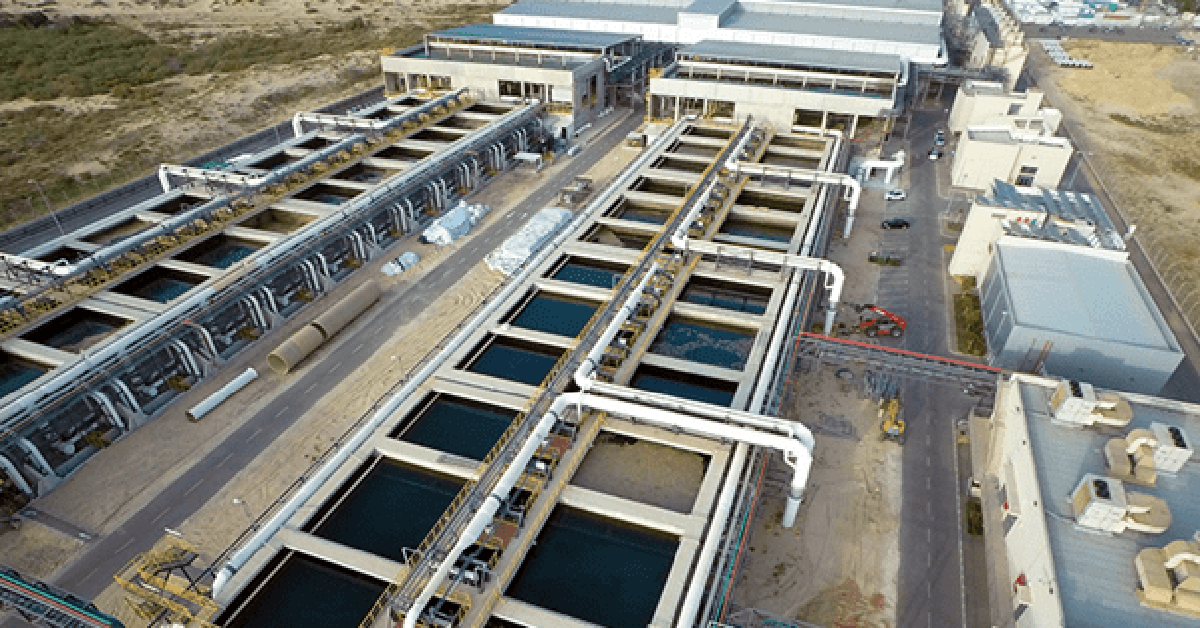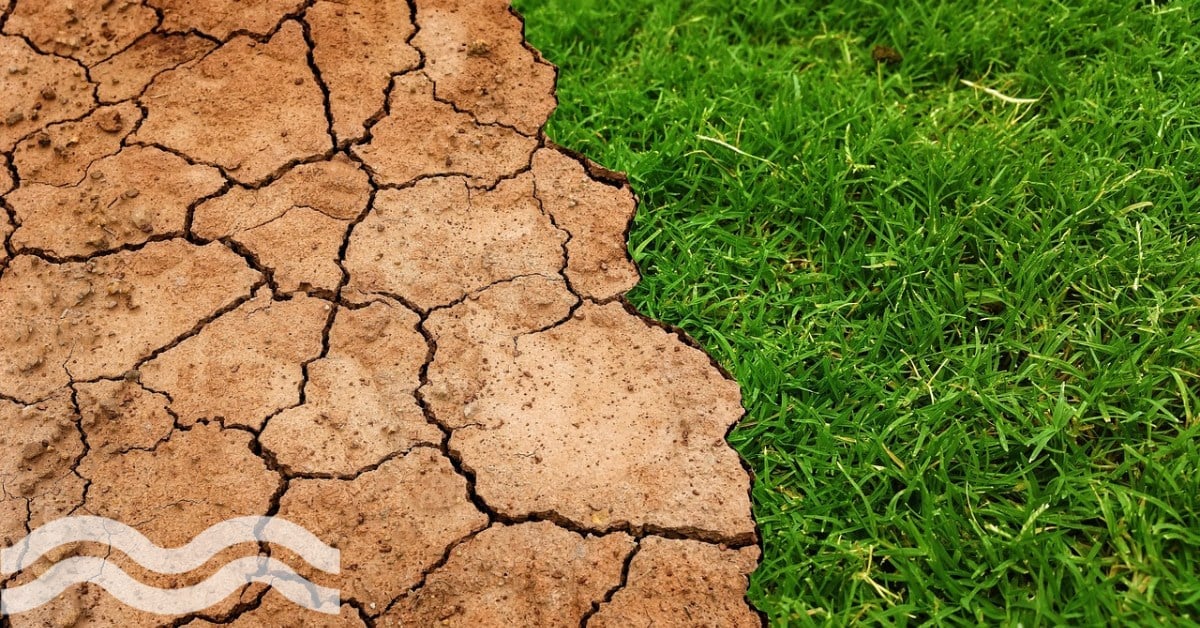RESEARCH: ‘Nanowood’ membrane is 20% more efficient, finds study
Thin slices of wood have shown promise for water filtration following a study led by Princeton University…
Wood shows promise as sustainable membrane material
Researchers from Princeton University have created a membrane from thin slices of wood that has shown promise for water filtration.
Inspired by the intricate ways trees circulate water, the ‘nanowood’ material was tested on water vaporisation and its ability to retain salt and other contaminants.
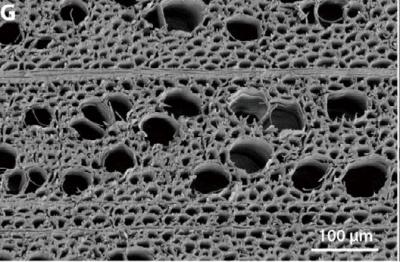
In a paper published in the journal, Science Advances, researchers claim the new membrane performs 20 per cent better than “commercial membranes in water distillation tests”.
The University has made substantial claims by saying the wood membrane is a “more sustainable material” compared to polymeric membranes, which are “derived from fossil fuels and are also difficult to recycle”.
Addressing ‘low biodegradability’ concerns
In the paper entitled ‘Hydrophobic nanostructured wood membrane for thermally efficient distillation’ researchers said “the properties of thermal efficiency, water flux, scalability and sustainability make the nanowood desirable for membrane distillation (MD) applications”.
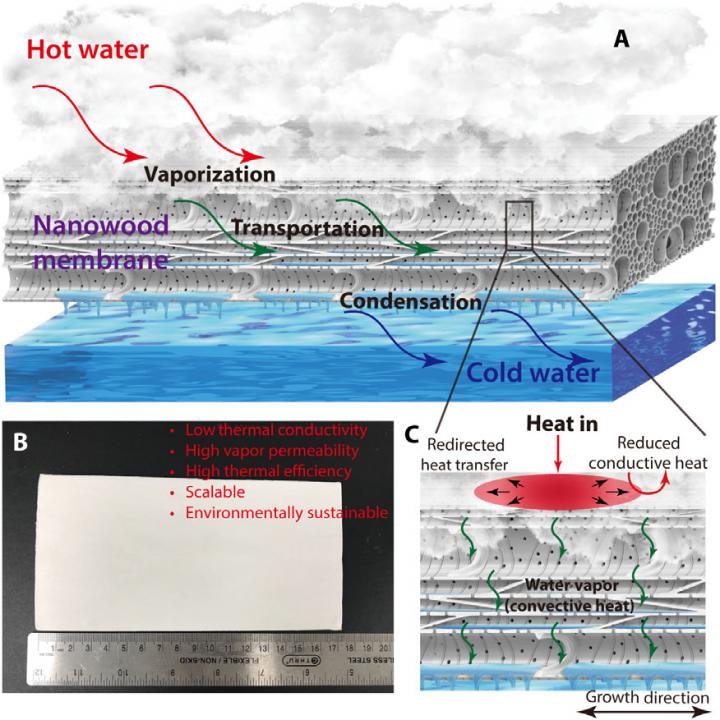
Photo credit: University of Maryland
The nanowood was tested with thermally driven separation processes in mind: high-salinity desalination processes using solar, thermal or other renewable sources.
Current commercial MD membranes are made of synthetic polymers such as polytetrafluoroethylene (PTFE), polyvinylidene fluoride (PVDF), and polypropylene (PP).
The study said existing membranes “generate environmental concerns due to low biodegradability” and that natural, low-cost material membranes with “high thermal stability and hydrophobicity are highly desired, yet not available”.
Sourcing the nanowood
For this study, two types of woods were prepared for membrane fabrication. One type of membrane was made from natural wood without lignin treatment, and another was constructed using treated nanowood, which underwent lignin removal process to increase flexibility and porosity.
The material used in this study was American base wood purchased from Walnut Hollow Company.
The university freeze dried a nanocellulose so it could then be formed into a membrane with “good mechanical strength”.
Nanocellulose was referred to as an “abundant waste biomass source that has previously been recycled into products such as construction materials, body armour, biofuels and even water filters”.
Study results and industry comment
According to the study, the hydrophobic nanowood membrane demonstrated “superior properties and potential in membrane distillation for water desalination”.
The summary of other results included:
- The membrane exhibited “good water flux” (water vapor transporation)
- Excellent thermal efficiency (up to 70 per cent), which was “comparable or even higher than commercial polymeric membranes”. This was attributed to high intrinsic permeability.
Although biofouling and durability concerns are not addressed in this study summary, report authors said: “Further improvements are needed to increase hydrophobic treatment efficacy and membrane durability under high temperature and chemical conditions. In addition, fabrication methods need to be improved to generate thinner and larger membrane materials.”
Commenting on the development, Leon Awerbuch, former president of the International Desalination Association (IDA) and president of Leading Edge Technologies said: “Simulating nature is an interesting approach. This research & development on nanowood membrane distillation process is interesting but I have doubts about the practical solution in a commercial world to compete with polymer membranes. What is the cost of preparing and how long will it last? Then we can talk about energy.”
Related content
Share your water technology stories with us
Do you have an innovation, research results or an other interesting topic you would like to share with the international water technology industry? The Aquatech website and social media channels are a great platform to showcase your stories!
Please contact our Sr Brand Marketing Manager Annelie Koomen.
Are you an Aquatech exhibitor?
Make sure you add your latest press releases to your Company Profile in the Exhibitor Portal for free exposure.
Loading component...
We promise never to send you spam and you can unsubscribe at any time!
